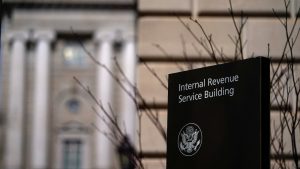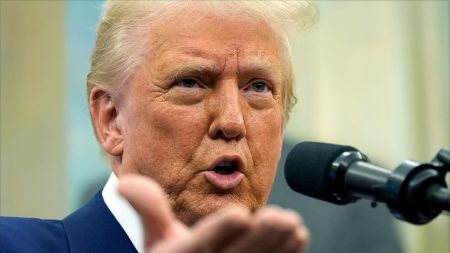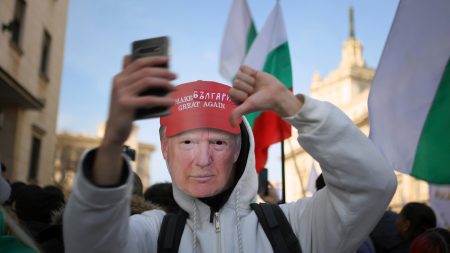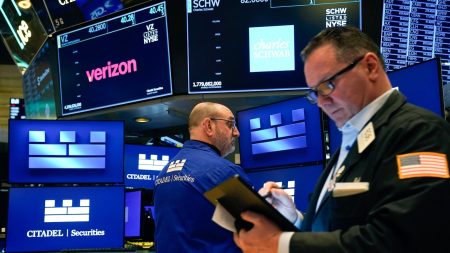Elon Musk, Tesla, and the Delaware Corporate Law Debate: A Fight Over Billions
Introduction: The Billion-Dollar Battle Over Corporate Control
In a shocking twist in the high-stakes legal battle over Elon Musk’s multibillion-dollar compensation package, it has come to light that a law firm representing both Musk and Tesla played a key role in drafting proposed legislation aimed at overhauling Delaware’s corporate law. The legislation seeks to redefine the criteria for determining whether a shareholder qualifies as a "controller" of a company, a designation that has played a pivotal role in blocking Musk from receiving his controversial $55.8 billion compensation package from Tesla. This ongoing dispute has far-reaching implications, not just for Musk and Tesla, but for the future of corporate governance in Delaware, a state renowned for its business-friendly laws and robust legal framework for corporations.
The Legal Backdrop: Musk’s Compensation Package and the “Controller” Designation
At the heart of this legal drama is Musk’s historic compensation plan, which was approved by Tesla’s board in 2018 but later struck down by a Delaware court. Despite owning less than a third of Tesla’s shares, Musk was deemed a "controller" of the company under Delaware’s General Corporation Law. This classification was pivotal in the court’s decision to block the compensation package, as it implied that Musk held significant influence over the company’s operations, even without majority ownership. Under the current law, a shareholder can be classified as a controller if they exert control through means other than sheer stock ownership, such as influence over the board or strategic decisions.
The proposed legislation, drafted with the involvement of Musk and Tesla’s law firm, Richards, Layton & Finger, seeks to amend this law by introducing a stricter threshold for the "controller" designation. Specifically, the bill would require a shareholder to own at least one-third of a company’s shares to be classified as a controller, effectively narrowing the criteria and making it harder for minority shareholders to be deemed controllers. This change could have a direct impact on Musk’s case, which is currently on appeal to the Delaware Supreme Court.
The Proposed Legislation: A Shift in Corporate Governance Standards
The proposed legislation is part of a broader effort to modernize Delaware’s corporate law, which has long been a benchmark for corporate governance in the United States. Proponents of the bill argue that the changes are necessary to restore clarity and fairness to the state’s legal framework, ensuring that Delaware remains a premier destination for corporate incorporations. Richards, Layton & Finger, a law firm with over 125 years of experience in shaping Delaware’s business statutes, has been a key player in this effort. The firm has emphasized that its involvement in drafting the legislation was not undertaken on behalf of any specific client, but rather as part of a collaborative effort involving legal experts, academics, and industry professionals.
State Senator Bryan Townsend, the bill’s sponsor, has echoed these sentiments, stating that the legislation is forward-looking and not intended to influence ongoing legal disputes, including Musk’s case. However, legal experts are divided on whether the proposed changes could have retroactive implications. The bill’s lack of explicit language prohibiting its application to pending cases has sparked debate among legal scholars, with some suggesting that it could provide an avenue for the Delaware Supreme Court to revisit Musk’s compensation package.
The Legal Firm’s Role: Ethical Questions and Industry Influence
Richards, Layton & Finger has faced scrutiny over its role in drafting the proposed legislation, given its representation of both Musk and Tesla. The firm has denied any suggestion of impropriety, insisting that its involvement was purely advisory and not influenced by its client relationships. Senator Townsend has also defended the firm’s involvement, noting that it was invited to participate in the drafting process due to its expertise and long-standing contributions to Delaware’s corporate law.
Despite these assurances, some legal experts have raised concerns about the potential for conflicts of interest. They argue that the firm’s dual role as both a drafter of legislation and a legal representative for Musk and Tesla could create the appearance of undue influence. These concerns are compounded by the fact that the proposed legislation bypassed the typical review process by the Delaware Bar Association’s Corporate Law Council, a step that some view as a departure from standard procedure.
Potential Implications: Could the Legislation Revive Musk’s Compensation Package?
The question on everyone’s mind is whether the proposed legislation, if enacted, could pave the way for Musk to regain his $55.8 billion compensation package. Legal experts are divided on this issue. Some argue that the legislation could provide the Delaware Supreme Court with the legal basis to overturn the lower court’s ruling and reinstate the compensation plan.Others, however, believe that the legislation’s impact on Musk’s case is far from certain, citing the lack of explicit retroactive provisions in the bill.
Sarath Sanga, a professor of corporate law at Yale University, has noted that the absence of language barring the bill’s application to pending cases could be interpreted as an invitation for the court to reconsider Musk’s case in light of the new legal standards. Similarly, Ann Lipton, a law professor at Tulane University, has suggested that the legislation sends a “strong signal” to the Delaware Supreme Court to interpret the law in a way that favors Musk, potentially leading to the reinstatement of his compensation package.
Conclusion: A Pivotal Moment for Corporate Law in Delaware
The ongoing debate over Delaware’s corporate law and Elon Musk’s compensation package represents a pivotal moment in the evolution of corporate governance. The proposed legislation, while framed as a necessary update to the state’s legal framework, has raised important questions about the balance of power between shareholders and corporate boards, the role of legal experts in shaping legislation, and the potential for retroactive application of new laws to ongoing disputes.
As the Delaware Supreme Court prepares to hear Musk’s appeal, all eyes will be on how the proposed legislation is interpreted and applied. Whatever the outcome, this case promises to have far-reaching consequences, not just for Musk and Tesla, but for the future of corporate law in Delaware and beyond. The interplay between legal, ethical, and economic considerations in this case underscores the complexities of modern corporate governance and the delicate balance of power in the boardroom.















